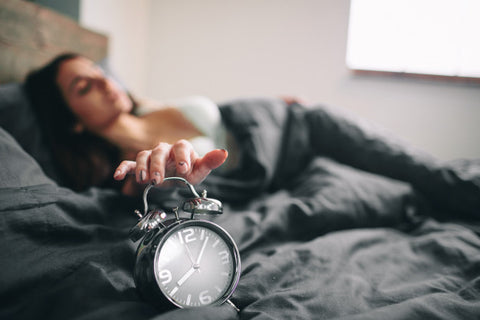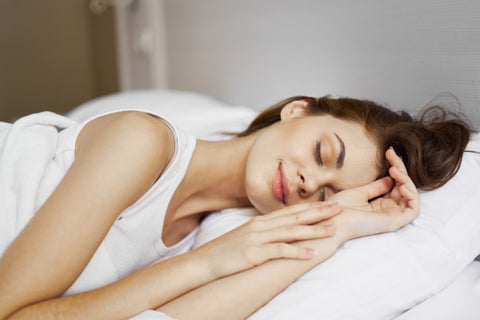Sleep: How much do we need and how do we get it?
AUTHOR - DR. DAVID JACK
Sleep is vital to our wellbeing, yet few of us actually make those hours of rest a priority. Like good diet and exercise, the hours you spend in slumber is a critical component to overall health. And modern life makes it even more difficult to get quality sleep. Coffee and energy drinks, lights from electronic devices, and general stress can interfere with our circadian rhythm.
So many of us have forgotten what being truly rested feels like.
Sleep needs vary depending on your age, lifestyle and health. Though research cannot pinpoint an exact amount of sleep needed by individuals, the guidelines for adults are 7-9 hours. But everyone is different. And we should all pay attention to our own needs by assessing how we feel on different amounts of sleep.
Ask yourself if you’re productive on 7 hours of sleep – or does it take more to get you alert and able to concentrate? Do you depend on caffeine to get you through the day? Are you having sleep problems? Do you feel sleepy at any particular time?
Pay careful attention to your mood, energy and health after a poor night's sleep versus a good one, and you’ll soon have an idea what your needs and habits are. To encourage a healthy sleep pattern, follow these simple steps:
Have a sleep schedule

Like any other daily activity, schedule sleeps on your "to-do list" and cross it off every night. Pick a bedtime and a wake-up time, and stick to it as much as you can. Try not to sleep in more than an hour or two at the weekends, so your body’s internal clock gets accustomed to your bedtime and you’ll fall asleep more easily.
Follow a relaxing ritual

Just like we try to help young children relax and fall asleep, so we should do the same as adults. Turn off electronics at least an hour before lights out. Try meditation, reading, or any relaxing activity which allows you to switch off your brain before bed.
Take regular exercise

As little as 10 minutes of aerobic exercise a day can dramatically transform your sleep pattern. Active people also reduce the risk of sleep disorders.
Get optimum conditions

The suggested bedroom temperature should be 15-19C to encourage good sleep. Some people find calming music, nature sounds and even white noise can help them drop off. Artificial light can disrupt sleep patterns, so avoid screens from televisions, iPads and iPhones right before bedtime. Use a light at night only when absolutely needed.
Avoid sleep stealers

Alcohol and caffeine can have an effect on your quality of sleep, or cause you to wake in the night. Try cutting back on these and monitor the results. Try our Sweet Dreams supplement to support good quality sleep.
Invest in comfort

Taking the time and money to ensure your mattress and pillows are the best quality for you just makes sense, when you consider it’s an investment in your health.
To feel fully rested, we must experience our sleep cycles undisturbed. Ideally, our circadian rhythm will climb in the morning and make us feel alert and refreshed. And after being awake for around 15 hours, we will feel the pressure to sleep again.
As the night draws in, our circadian rhythm drops to its lowest level, and we are able to close our eyes and fall into a peaceful slumber.






